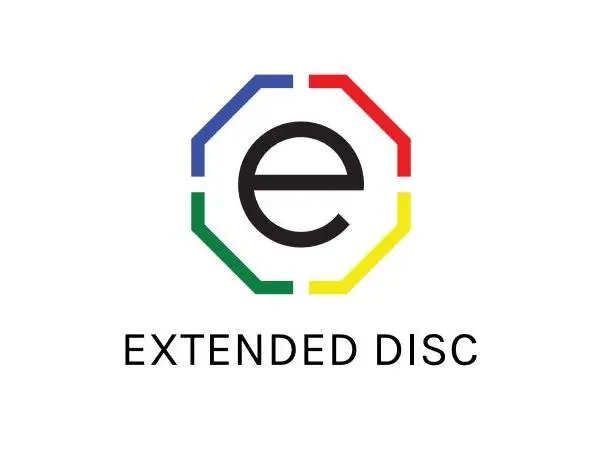Effective communication is the backbone of any successful business. What you say—and what you don’t say—can have a profound impact on your employees, customers, and overall business reputation. One of the biggest mistakes business owners make is remaining silent when they don’t have all the answers. While it may seem easier to wait until you have a definitive response, this lack of communication can create uncertainty, frustration, and even lead to the loss of valuable employees and customers.
The Risks of Staying Silent
Some of the toughest business questions seem simple on the surface, but they often go unanswered due to uncertainty.
- When will COVID protocols ease up? Without a clear answer, businesses remain silent, leaving employees and customers anxious.
- Can employees continue to work remotely long-term? If leadership doesn’t address this, employees may seek roles elsewhere that offer flexibility.
- Why is it taking so long to get an appointment or a product? Customers may assume they are not valued and turn to competitors.
By failing to communicate, businesses unintentionally create fear, frustration, and disengagement among employees and customers.
The Power of Transparent Communication
Businesses that have navigated uncertain times successfully have done so by embracing clear and transparent communication. They openly discuss challenges, changes, and solutions, keeping their teams and clients informed every step of the way.
Internal Communication: Strengthening Employee Trust
Your employees are your greatest asset, and keeping them engaged is critical. Effective internal communication helps to:
- Improve employee retention by reducing uncertainty.
- Maintain a strong company culture, even in challenging times.
- Reassure employees that leadership is working toward solutions.
Pro Tip: Even if you don’t have all the answers, acknowledging concerns and expressing gratitude for your team’s efforts can make a significant difference.
External Communication: Retaining Customers & Building Loyalty
Customers want to feel valued, especially when faced with delays or service changes. Keeping them informed about supply chain issues, appointment availability, or operational adjustments can build trust and prevent them from seeking alternatives.
Examples of Effective External Communication:
- Customer Delays: “We appreciate your patience as we adjust to new protocols limiting appointment availability. We’re working hard to accommodate everyone as quickly as possible.”
- Stock Issues: “Our supplier is experiencing shortages, but we are actively seeking alternatives to ensure we can meet your needs soon.”
- Service Changes: “We’ve implemented new safety measures to serve you better. Here’s how these changes affect your experience with us.”
The Business Impact of Proactive Communication
Companies that embrace clear, consistent communication see numerous benefits:
- Higher employee morale and retention.
- Improved customer satisfaction and loyalty.
- Increased brand trust and credibility.
Final Thoughts: Speak Up & Stay Engaged
If you don’t have the perfect answer, say something anyway. Honesty, authenticity, and transparency go a long way in building trust and maintaining relationships. By staying engaged with your employees and customers, you ensure that your business remains strong, even in uncertain times.









